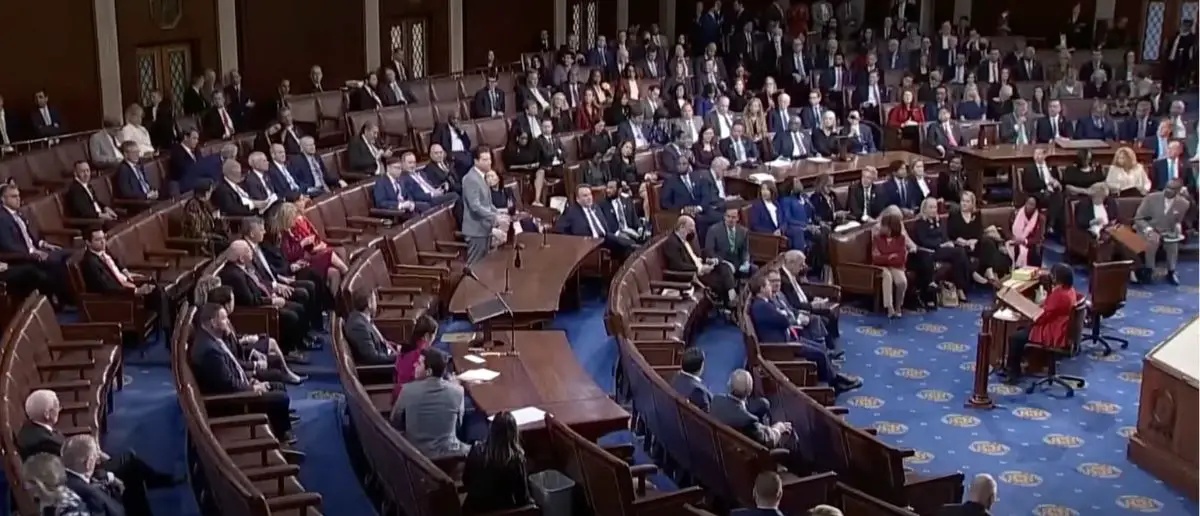House Democrat loses their mind when confronted by Trump official
The Left loves theatrics. But sometimes they lay it on a little too thick.
And now a House Democrat lost their mind when confronted by this Trump official.
Democrat’s Overzealous Attack on Immigration Enforcement
In a tense congressional showdown, Michigan’s progressive Democrat, Rep. Shri Thanedar, launched a blistering tirade against U.S. Customs and Border Protection Commissioner Rodney Scott, branding federal agents as “thugs” and warning that Scott should count on a presidential pardon to escape accountability.
Thanedar, who came to America from India in the 1980s, zeroed in on Scott during the session, declaring, “You better hope you get pardoned because you will be held accountable for the absolute disregard of the law your agencies have shown over the past year.”
This explosive confrontation unfolded at a House Homeland Security Committee hearing focused on scrutinizing the Department of Homeland Security’s components, including ICE, CBP, and USCIS.
Thanedar pressed Scott and Acting ICE Director Todd Lyons over the fatal shooting of U.S. citizens Renee Good and Alex Pretti by federal agents in Minnesota. Despite the officials’ firm defense of their team’s actions, Thanedar erupted, stating, “I have heard and seen enough. I’m just sick and tired of your agents running around in our cities, in our streets, causing illegal activities, ICE thugs attacking our communities, using our children as bait, referring to people as bodies and numbers, targeting people for their accents and the color of their skin, and k*lling American citizens, all while showing zero remorse for their actions.”
Partisan Pardon Pleas and Impeachment Threats
Pushing the envelope further, Thanedar grilled the officials on potential clemency from the White House, asking, “Director Lyons and Commissioner Scott, do you think President Trump will pardon you and your boss, Kristi Noem, before he leaves office, just like he has for insurrectionists and his political allies? Do you believe President Trump will pardon you?”
Scott responded confidently, “I’m not going to speak on behalf of President Trump, but I’ll tell you, I signed up for this job to protect America, and I’m very proud of the service that I provide, and I don’t need a pardon from anybody.”
Undeterred, Thanedar doubled down with, “Well, you’d better hope so. You better hope you get pardoned. Because you will be held accountable for the absolute disregard of the law your agencies have shown over the past year.”
This kind of heated, one-sided rhetoric highlights the Democrats’ relentless push against border security measures under the Trump administration.
Radical Calls to Dismantle ICE and Oust Leadership
Thanedar didn’t stop there, accusing the agencies of eroding public confidence and sparking widespread protests.
He proclaimed, “Your agencies have lost the trust of the American people, with millions taking to the streets to protect the illegal actions of your agencies. And that’s why I introduced a bill in the United States Congress to abolish ICE. ICE must be abolished.”
He also revealed his support for legislation to remove DHS Secretary Kristi Noem, adding, “I believe Kristi Noem must be impeached, and this Congress must do everything in its power to carry out oversight actions against these rogue departments.”
As Thanedar’s time ran out, Republican Chair Andrew Garbarino of New York stepped in to recess the hearing, cutting short what seemed like an unchecked Democratic assault on law enforcement efforts.












